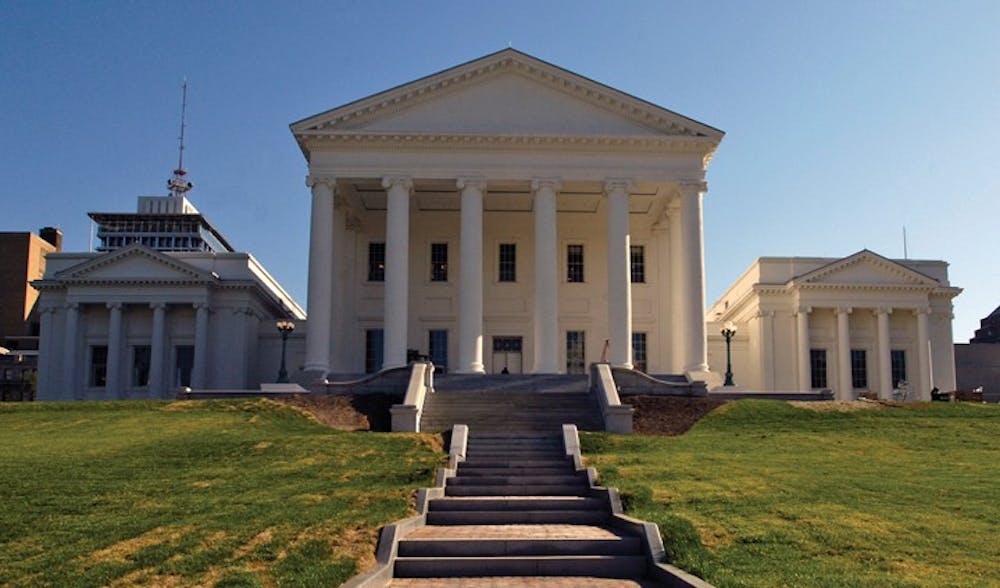Gov. Terry McAuliffe signed into law last week a repeal of the $64 tax on hybrid cars in Virginia, first enacted last year. McAuliffe repealed the bill during an appearance on WTOP radio’s “Ask the Governor” program. The revised mandate will go into effect July 1, 2014 and affect approximately 75,000 hybrid vehicle owners in the state.
In the radio interview, McAuliffe said the repeal of the hybrid tax would remove a disincentive from buying hybrid vehicles. He called the repeal “common sense.”
House Bill 975 passed 89-9 and Senate Bill 127 passed with a 37-1 margin. Sen. Ralph Smith, R-Floyd County, cast the only opposing vote in the Senate.
According to a press release by the Democratic Caucus, every Democrat in the Senate voted in favor of the repeal. The release noted strong Democratic opposition to the tax when it was first introduced last year as part of the compromise transportation reform bill.
Sen. Adam Ebbin, D-Alexandria, said he was pleased McAuliffe signed the bill.
“The first piece of legislation introduced in the Senate this year was my bill SB1 to repeal the punitive and illogical hybrid vehicle tax,” Ebbin said in the press release. His bill, along with others aimed at repealing the tax, were part of the overall effort that went into SB127.
Sen. Chap Petersen, D-Fairfax, also praised the Governor’s decision.
“The hybrid tax singled out people who are helping to reduce our dependence on foreign oil and protect our environment, and it slapped them with a punitive tax,” Petersen said in the press release. “That tax should never have become law, and I am very pleased that we’ve managed to fully repeal it.”
Del. Vivian Watts, D-Fairfax, voted against the bill in the House. Watts said the tax pertained to road maintenance rather than environmental concerns.
“We have given all kinds of breaks to hybrid vehicles out of concern for the environment,” Watts said. “The problem is that this vehicle still uses the road. They are still part of the line that backs up at the intersection.”
Watts said the tax served as a user fee for using Virginia’s roads. She said its repeal makes the cost of using roads inequitable among different drivers, as hybrid drivers pay less in gas tax.
“There won’t be the same charge for road use that we have for all other kinds of vehicles,” Watts said.
Del. Glenn Davis, R-Virginia Beach, also voted against the bill in the House. He said the repeal of this tax could reopen the transportation bill debate and help legislators who want to change other parts of last year’s transportation law they did not like.
“I did not want to start the precedent that we would start undoing the funding mechanism for parts of it that we didn’t like,” Davis said.
Davis said the elimination of the tax was equivalent to a loss of $10.7 million per year in the budget. For a 10 or 20-year project, he said, $10.7 million per year would allow the state to complete many additional projects.
“Obviously, as you take out funding you start to impact what you are able to do from a new project standpoint,” Davis said.
Watts said the tax break will become a bigger issue in the future as fewer and fewer people pay taxes to maintain the roads.
“You will regret this as vehicles become more and more efficient,” Watts said.







